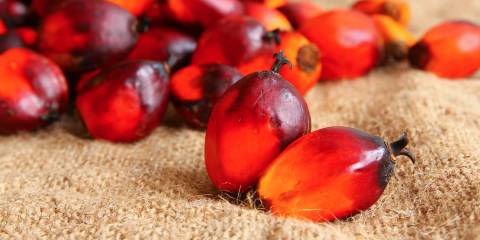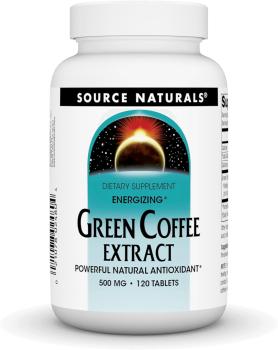Over the past couple of years or so, our nation has gained a better understanding of why it is so important to maintain a healthy immune system. As a result, dietary supplements known to support immune response—like vitamin D, vitamin C, and zinc—have had fairly brisk sales.
Many people have chosen to support their immunity with dietary supplements. If asked, however, they can’t always tell you the role these supplements actually play in their immune health.
This article will help to explain the roles of these supplements and other nutraceuticals found in Twinlab Daily Immune Support, Advanced Immune Support, C-1000 Caps, Mega D3 Dots, and Zinc Caps.
TwinLabs Ingredients for Immunity
-
Vitamin C
Vitamin C affects various components of the human immune response, including antimicrobial and natural killer cell activities, and lymphocyte (white blood cell) proliferation. Supplementation with 500 milligrams (mg) daily has been shown to promote immune/respiratory health and increase the lymphocyte activity of SOD and catalase (powerful antioxidants).
-
Zinc
Zinc is integral to the immune system, affecting multiple immune activities from lymphocyte gene regulation to the skin barrier, and decreasing oxidative stress markers. Zinc is crucial for normal development and function of cells mediating nonspecific immunity such as neutrophils and natural killer cells.
-
Selenium
Selenium helps synthesize the antioxidant enzyme glutathione peroxidase, which influences the immune system and provides protection against free radicals and other damaging reactive oxygen species. Supplementation with selenium has also been shown to provide effective support for a healthy immune response.
-
Beta 1,3/1,6 glucan
Beta glucan, a component of yeast, helps prime and strengthen the function of predominant immune cells known as neutrophils. Multiple studies demonstrate that supplementation promotes immune respiratory health.
-
Echinacea
This granddaddy of all immune-enhancing herbs supports the immune system through the activation of white blood cells (lymphocytes and macrophages), and by increasing the number of T cells.
-
Vitamin D
Vitamin D promotes the function of multiple immune cells, including B cells, T cells, and antigen-presenting cells.
Conclusion
- Twinlab Daily Immune Support provides clinically relevant doses of vitamin C, zinc, selenium, and vitamin D.
- Advanced Immune Support provides these in addition to Beta 1,3/1,6 glucan and Echinacea.
- Twinlab C-1000 Caps, Mega D3 Dots, and Zinc Caps provide significant doses of these individual immune-support nutrients.
Individually, or in various combination, these Twinlab products support a healthy immune system.





